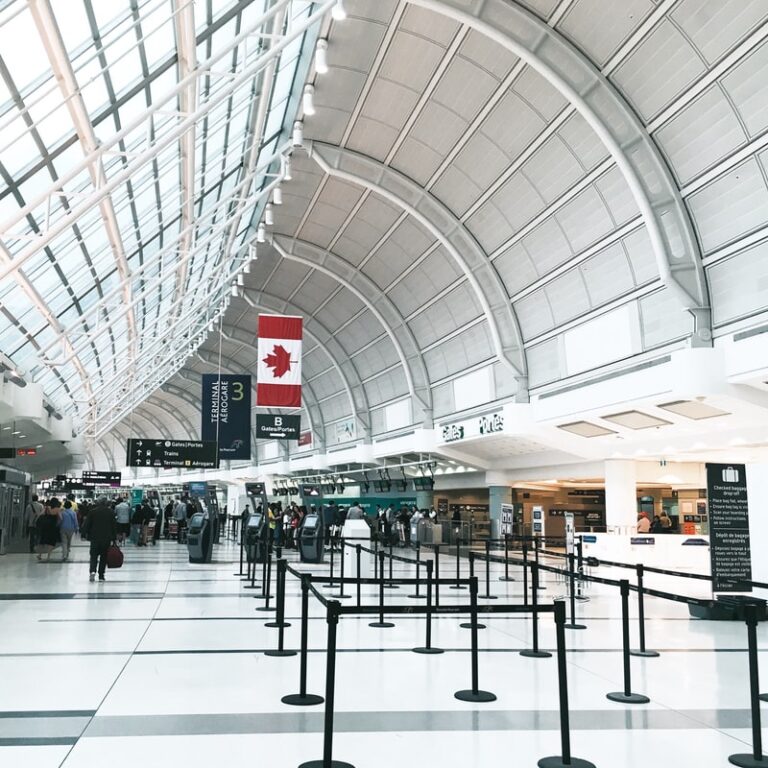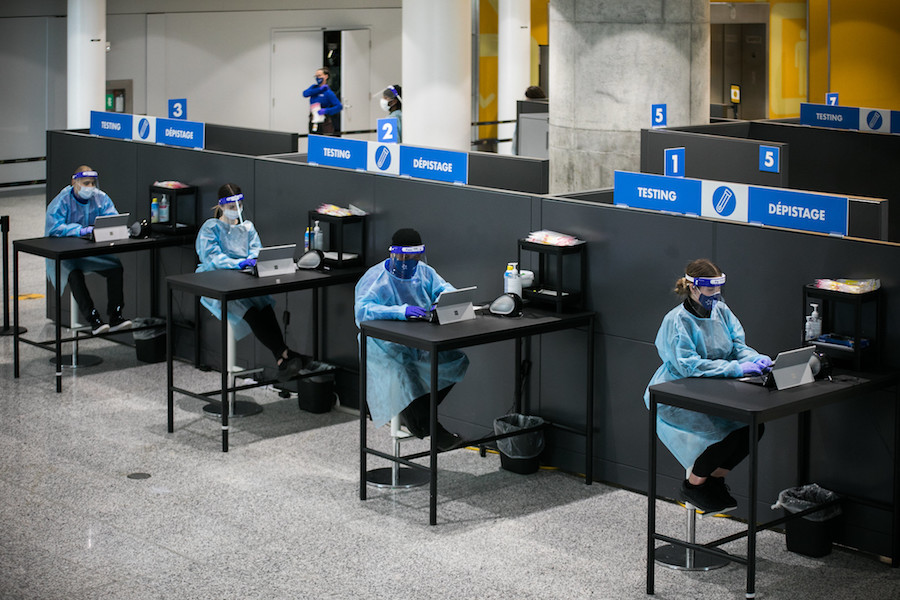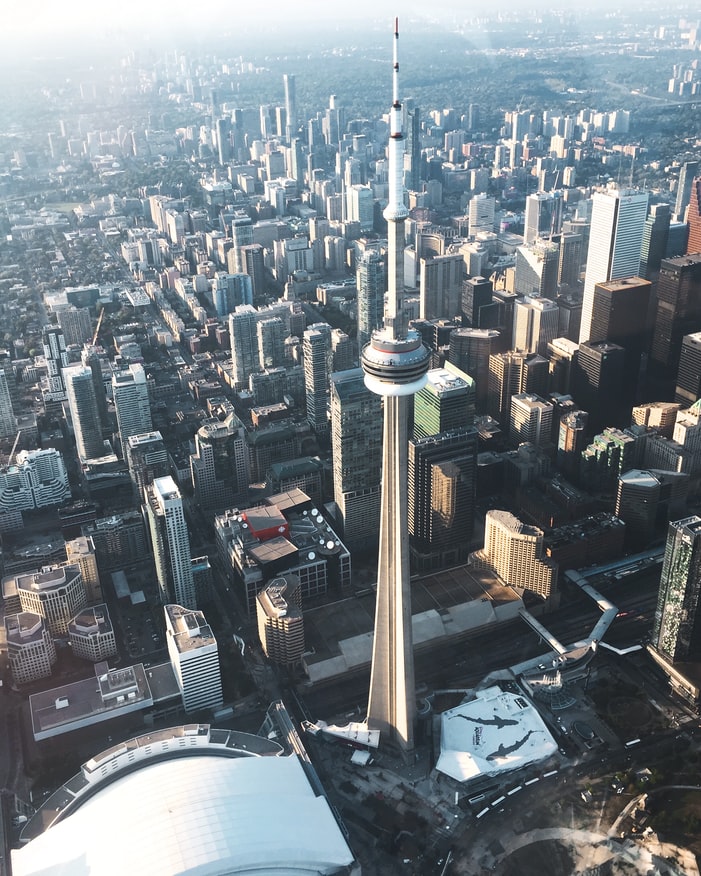Canada is introducing sweeping new restrictions on international travel. On Friday, Prime Minister Justin Trudeau announced a new set of measures prescribing “mandatory supervised hotel quarantines” for all inbound travelers arriving or returning to the country.
The new expensive quarantine is considered the strictest measure imposed in a country that, surprisingly, didn’t implement basic airport screenings until July, 2020.
Not much has been said about the logistics necessary to enforce this massive restriction. So far, the government has only confirmed that quarantining at one of these supervised hotels could cost up to CAD $2,000 per person for 3 days.
According to a spokesperson for the Transport Minister Omar Alghabra, the new restriction is expected to come into effect “very quickly.”
The Canadian government is also determined to discourage its snowbirds from seeking sun in the Caribbean or Mexico.
Last week, the federal government and Canada’s major airlines announced that flights to Mexico and the Caribbean would be suspended until May in a bid to prevent the spread of new variants of Covid-19 in the country.
“People should not be planning non-essential travel outside of the country […] We could be bringing in new measures that significantly impede your ability to return to Canada at any given moment without warning.” “It’s not the time to travel,” Trudeau stated.
So far, Air Canada, WestJet Airlines, Air Transat and Sunwing have joined the initiative. The cancellations will go into effect from Jan. 31 to April 30.
Under the upcoming rules, travelers who test positive for COVID-19 will be required to stay in a supervised quarantine hotel at their own expense.
But why is Canada so interested in implementing such an expensive and logistically complex measure?
For a long time, Canada’s quarantine of international travelers had largely depended on trusting that its citizens would do the right thing. Until January 7, arrivals only needed to pledge to quarantine for 14 days at home. Well, it did not work as expected.
By contrast, countries such as New Zealand, that has been widely praised by its outstanding management of the pandemic, have imposed this hotel quarantine restriction almost since the pandemic first struck.
All arrivals in New Zealand are immediately sent to government-approved hotels where they must undergo a 14-day quarantine and are subjected to be tested multiple times. As of today, those hotels are booked up until April.
This has shown to have a strong effect on people’s decision for leaving the country for non-essential reasons which is, ultimately, what Canada is looking for.
The truth is that Canada is worried about the new developments regarding the recently discovered strains of the coronavirus. Several province representatives have voiced their concerns about these highly-contagious variants being detected at different points of the territory from people who have not traveled.
According to figures reported by the province of Ontario, 2,26 per cent of the COVID-19 tests are being screened as potential U.K. variants. Local governors demand further investigations and stronger travel restrictions.



